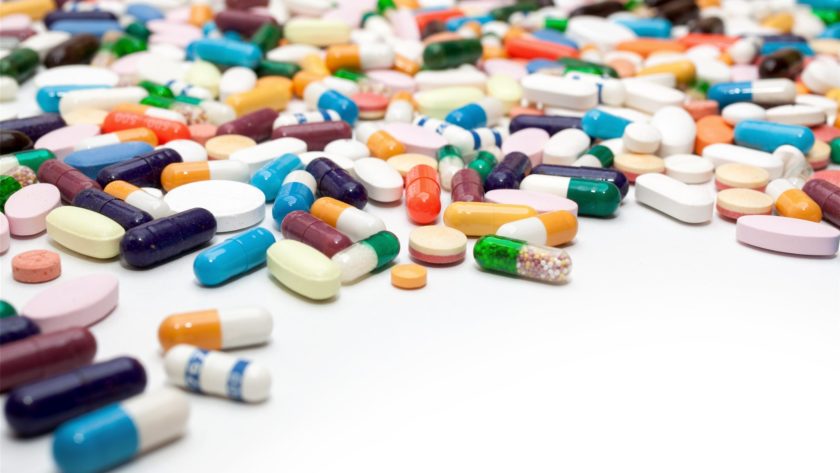 Myalgia or muscle pain is a common complaint made by patients on cholesterol-lowering “statin” drugs. Oftentimes the muscle pain, cramps, weakness, and tenderness become intolerable and patients must discontinue statin drug therapy.
Myalgia or muscle pain is a common complaint made by patients on cholesterol-lowering “statin” drugs. Oftentimes the muscle pain, cramps, weakness, and tenderness become intolerable and patients must discontinue statin drug therapy.
Consequences of Low Vitamin D
A study of over 5,500 patients averaging 56 years old found a correlation between vitamin D deficiency, statin* use, and the development of statin-induced myalgia (SIM). Vitamin D blood levels of 30-40 ng/mL are considered ideal. When patients had low vitamin D levels (≤15 ng/mL) at the time they started on the statin drug, SIM was accurately predicted.
*60% of the patients used Atorvastatin, a.k.a. Lipitor®
29% of the patients used Simvastatin, a.k.a. Zocor®
In another study presented at the American Heart Association (AHA) Scientific Sessions, the following results were presented:
- 81.3% had SIM when vitamin D levels <30 ng/mL
- 17.6% had SIM when vitamin D levels >30 ng/mL
- 62.1% had SIM when vitamin D levels <20 ng/mL
- Four-fold higher rate of statin-induced myalgias occurred when vitamin D levels <20 ng/mL
They found low vitamin D is common in patients with hyperlipidemia
(abnormal lipid levels) — i.e., high cholesterol, high LDLs, low HDLs, high triglycerides.
Treatment for Statin Intolerance
Consult with your physician about your intolerance to your prescribed statin medication. Statin-induced myalgias are often treated by:
- Discontinuing the use of the statin drug completely.
- Reversing the vitamin D deficiency by taking 2,000 IU of the vitamin daily.
- Taking a blood test. If your vitamin D levels are within normal limits, the statins are restarted. Once done, a majority of patients can better tolerate the statin drugs.
The Optimal D Diet
Try to get as much vitamin D through a well-balanced diet. Good edible sources of vitamin D include:
- Canned salmon
- Tuna, sardines, mackerel, and shrimp
- Mushrooms
- Egg yolks
- Calcium-fortified juices (they contain vitamin D to help absorb the calcium)
- Milk, yogurt and cereals fortified with vitamin D

![]() Karen’s Fit Tip: Salmon is an excellent and convenient source of vitamin D. One small 3-oz. can of wild sockeye salmon provides nearly 100 percent of the current recommended daily amount of vitamin D for an adult ≤70 years old (about 585 IU).
Karen’s Fit Tip: Salmon is an excellent and convenient source of vitamin D. One small 3-oz. can of wild sockeye salmon provides nearly 100 percent of the current recommended daily amount of vitamin D for an adult ≤70 years old (about 585 IU).

